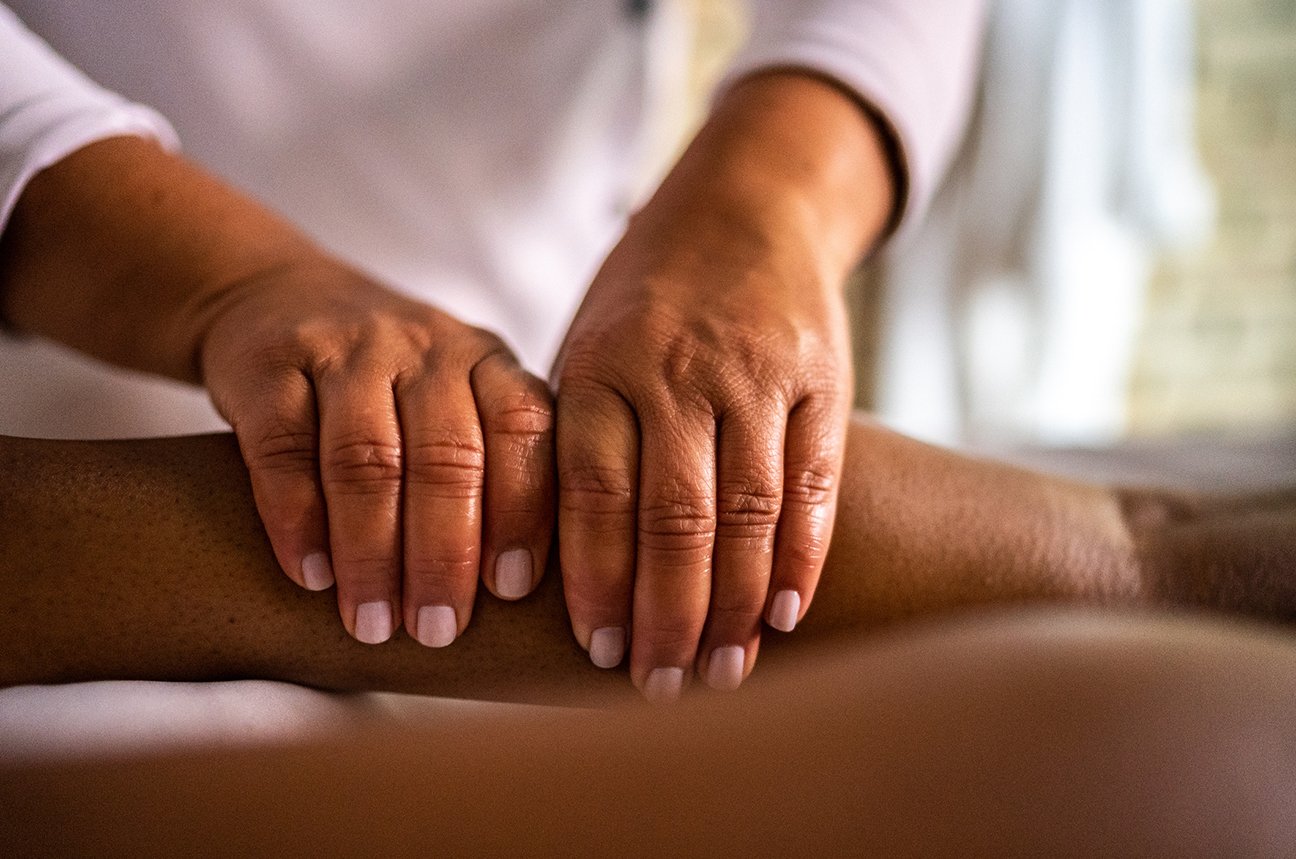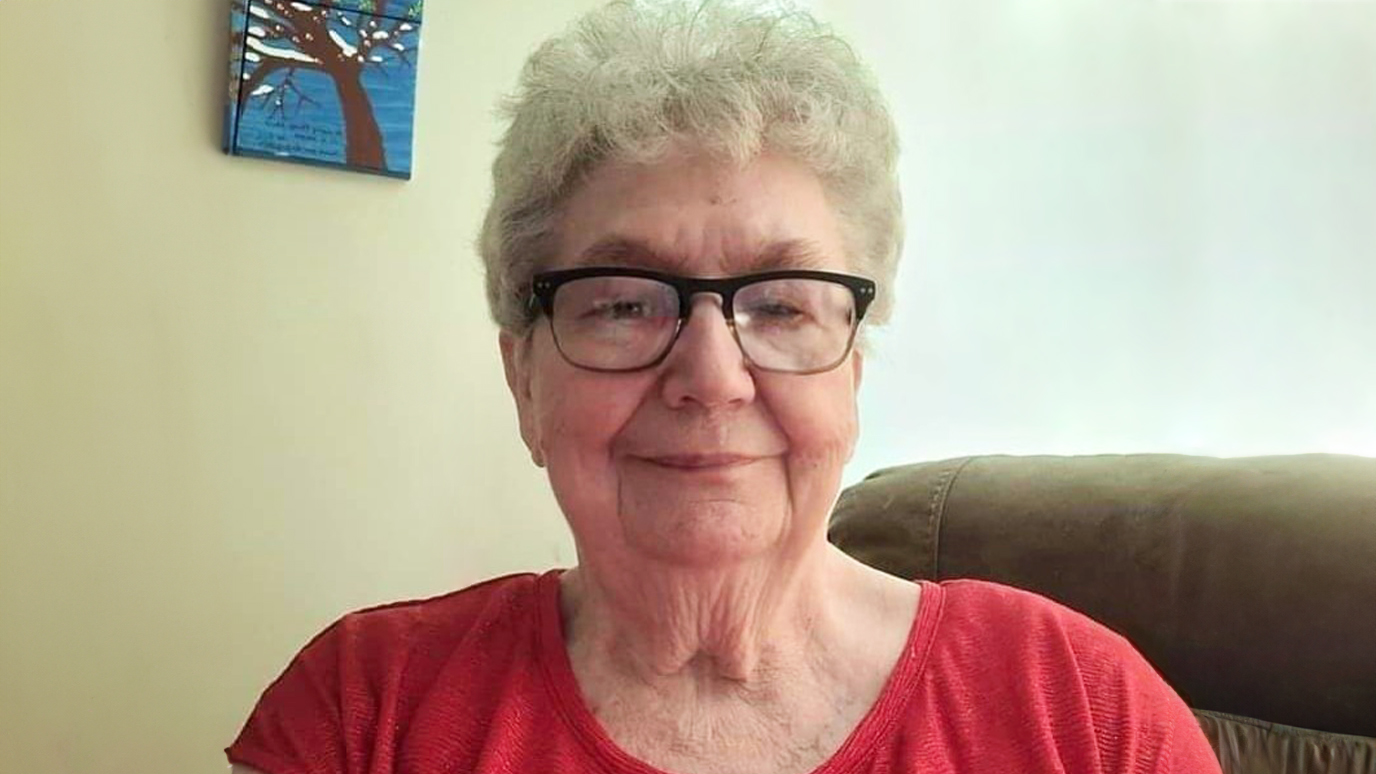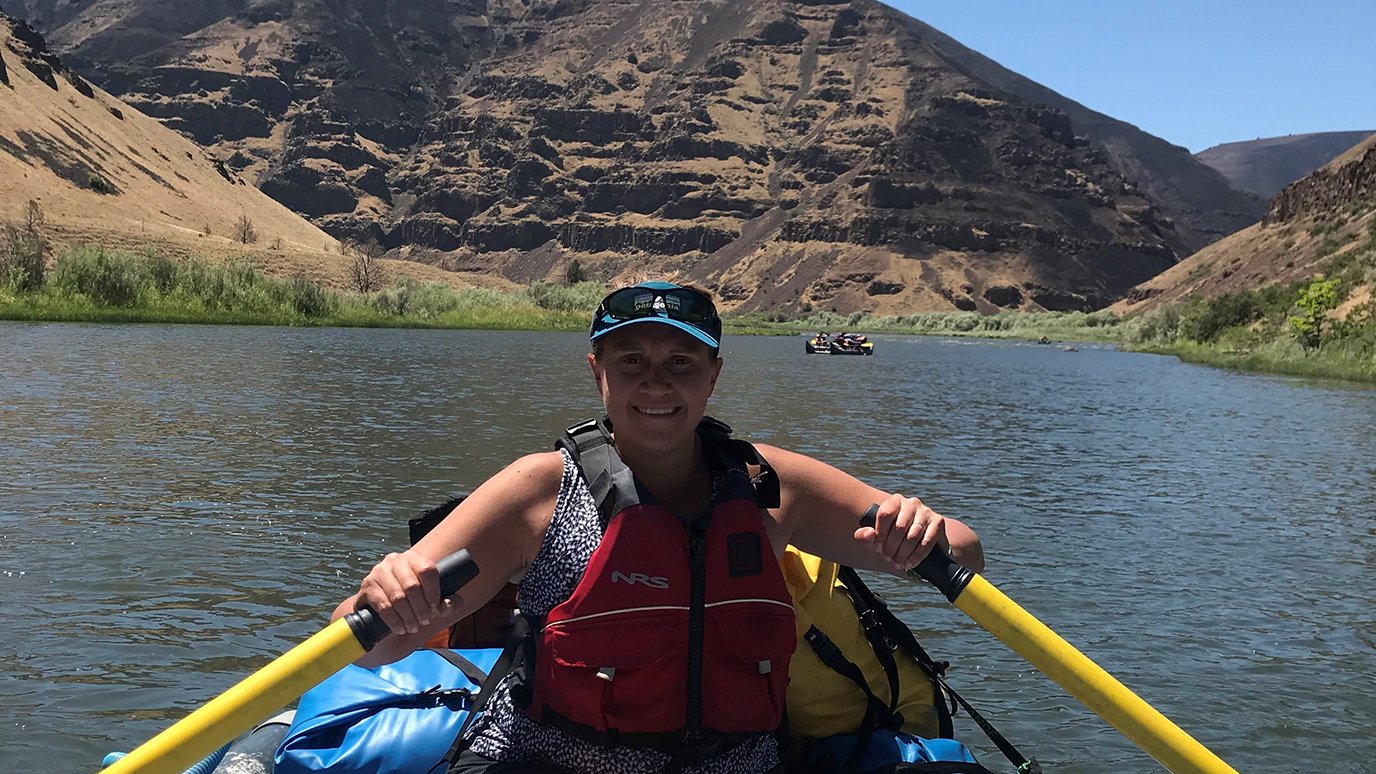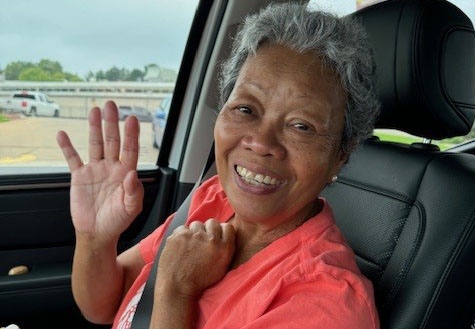- Diseases
- Acoustic Neuroma (16)
- Adrenal Gland Tumor (24)
- Anal Cancer (70)
- Anemia (2)
- Appendix Cancer (18)
- Bile Duct Cancer (26)
- Bladder Cancer (74)
- Brain Metastases (28)
- Brain Tumor (234)
- Breast Cancer (726)
- Breast Implant-Associated Anaplastic Large Cell Lymphoma (2)
- Cancer of Unknown Primary (4)
- Carcinoid Tumor (8)
- Cervical Cancer (164)
- Colon Cancer (168)
- Colorectal Cancer (118)
- Endocrine Tumor (4)
- Esophageal Cancer (44)
- Eye Cancer (36)
- Fallopian Tube Cancer (8)
- Germ Cell Tumor (4)
- Gestational Trophoblastic Disease (2)
- Head and Neck Cancer (14)
- Kidney Cancer (130)
- Leukemia (342)
- Liver Cancer (50)
- Lung Cancer (286)
- Lymphoma (278)
- Mesothelioma (14)
- Metastasis (30)
- Multiple Myeloma (100)
- Myelodysplastic Syndrome (60)
- Myeloproliferative Neoplasm (6)
- Neuroendocrine Tumors (16)
- Oral Cancer (102)
- Ovarian Cancer (178)
- Pancreatic Cancer (160)
- Parathyroid Disease (2)
- Penile Cancer (14)
- Pituitary Tumor (6)
- Prostate Cancer (150)
- Rectal Cancer (58)
- Renal Medullary Carcinoma (6)
- Salivary Gland Cancer (14)
- Sarcoma (238)
- Skin Cancer (300)
- Skull Base Tumors (56)
- Spinal Tumor (12)
- Stomach Cancer (66)
- Testicular Cancer (28)
- Throat Cancer (92)
- Thymoma (6)
- Thyroid Cancer (100)
- Tonsil Cancer (30)
- Uterine Cancer (86)
- Vaginal Cancer (18)
- Vulvar Cancer (22)
- Cancer Topic
- Adolescent and Young Adult Cancer Issues (22)
- Advance Care Planning (12)
- Biostatistics (2)
- Blood Donation (18)
- Bone Health (8)
- COVID-19 (360)
- Cancer Recurrence (120)
- Childhood Cancer Issues (120)
- Clinical Trials (628)
- Complementary Integrative Medicine (22)
- Cytogenetics (2)
- DNA Methylation (4)
- Diagnosis (238)
- Epigenetics (6)
- Fertility (62)
- Follow-up Guidelines (2)
- Health Disparities (14)
- Hereditary Cancer Syndromes (128)
- Immunology (18)
- Li-Fraumeni Syndrome (8)
- Mental Health (122)
- Molecular Diagnostics (8)
- Pain Management (62)
- Palliative Care (8)
- Pathology (10)
- Physical Therapy (18)
- Pregnancy (18)
- Prevention (936)
- Research (390)
- Second Opinion (78)
- Sexuality (16)
- Side Effects (616)
- Sleep Disorders (10)
- Stem Cell Transplantation Cellular Therapy (216)
- Support (408)
- Survivorship (328)
- Symptoms (182)
- Treatment (1788)
Peritoneal mesothelioma survivor: Clinical trials are extending my life
BY Dana Carrera
5 minute read | Published November 09, 2021
Medically Reviewed | Last reviewed by an MD Anderson Cancer Center medical professional on November 09, 2021
I have been on five different clinical trials at MD Anderson since I was diagnosed with peritoneal mesothelioma, a rare cancer that develops in the lining of the abdominal cavity. Each clinical trial has extended my life a bit longer.
The trial I am on now was specifically designed to treat my exact disease. And while that doesn’t guarantee I won’t ultimately die of cancer, I am still incredibly grateful to be on it, and for each additional year I may live because of it.
I have already been blessed with four “bonus” years since coming to MD Anderson in May 2017. But regardless of what may happen next, my doctors will still be able to learn something from me. This means they can educate other oncologists about peritoneal mesothelioma, offering new hope and new possibilities to future generations of cancer patients. There is such beauty in that.
My peritoneal mesothelioma diagnosis
I did not know I had cancer again until I started prepping for a routine colonoscopy in October 2013. I had taken all the laxatives I was supposed to, as instructed, but nothing was happening. My doctor prescribed a second dose. I still did not pass anything.
Anyone who has ever had to prep for a colonoscopy before knows that this is not typical. My doctor sent me to a local emergency room for a CT scan. Two days later, I was having the eight-pound growth it revealed removed from my abdominal cavity.
The surgeon estimated that it had taken approximately nine years for the tumor to reach this size. I would compare it to carrying a fetus to term, yet being unaware of it. This was pretty surprising to me, as I have always taken advantage of annual checkups, and I hadn’t noticed any weight gain. My golf skirts were just a little bit tighter.
How I got to MD Anderson
The growth turned out to be a granulosa-theca cell tumor, a form of ovarian cancer. I had been treated successfully for ovarian cancer more than a decade earlier. So, I went through a second round of ovarian cancer treatment locally.
I had a biopsy after I started showing symptoms again a few years later. The tissue samples taken then were identified as mesothelioma — specifically, peritoneal mesothelioma, making my disease even more unusual.
At a certain point, my oncologist in California advised me there was nothing more he could do. But clinical trials were underway in Houston and New York City that he thought might be helpful. When I asked him where he would send me if I was his mother, sister or wife, he did not hesitate: “MD Anderson.” I trust him implicitly. Two days later, I was in Houston.
My five clinical trials for peritoneal mesothelioma treatment
My first appointment at MD Anderson took place on May 16, 2017. I met with Dr. Kanwal Raghav, a gastrointestinal cancer specialist. After confirming my diagnosis and conducting his own examination, he recommended the first of five clinical trials I would ultimately join.
The first trial was led by Dr. Daniel Halperin, a gastrointestinal cancer specialist and colleague of Dr. Raghav. It involved an immunotherapy drug called atezolizumab and a targeted therapy drug called bevacizumab.
The second trial I joined involved two more immunotherapy drugs: ipilumumab and nivolumab. It was led by Dr. Apostolia Tsimberidou, who specializes in early phase clinical trials.
Dr. Tsimberidou also led the third clinical trial I joined, involving personalized, multi-targeted adoptive cell therapy (ACT), in which a patient’s own T cells are used. Dr. Amanda Olson and Dr. Muzaffar Qazilbash monitored me during that clinical trial.
In the fourth trial I joined, radiation oncologist Dr. James Welsh used radiation therapy to shrink two tumors that had grown outside of my peritoneum and become visible on my torso.
The trial I am on now is studying a new type of T cell therapy called gavocabtagene autoleucel, which seeks to prevent cancer from making itself invisible to the immune system. The physician monitoring me while I am on this trial is Dr. Partow Kebriaei.
I joined each new clinical trial after my doctors determined that the previous one was no longer working. I knew there was no standard treatment for this disease, so clinical trials were my best hope of either a cure or a longer life.
What I appreciate most about MD Anderson
I am so thankful to be a part of the MD Anderson family. I have access to amazing staff and cutting-edge clinical trials. And I am currently experiencing a strong and positive response to my immunotherapy treatment. My care team uses the terms “wonderful” and “amazing” to describe my progress.
But the thing I appreciate most about MD Anderson is that my doctors are always one step ahead of me. Even when they have to take me off of a particular clinical trial because something is not working out the way we hoped it would, they always have a backup plan for what to do next. The science of cancer treatment just keeps leap-frogging ahead, with MD Anderson carrying me right along with it.
Why I feel like a walking miracle
I still have tumors scattered around my abdomen, including some on my liver and spleen. I have lost my hair too many times to count, and I do not have the same level of energy that I used to. Still, I feel like a walking miracle.
I am able to dance, ride my motorcycle, take the dog out, visit with family and friends, put the top down on my convertible, and love life. I have a much greater appreciation for it now, too, and intentionally seek out beauty and joy. I feel like I have gained a lot more than I have lost from living with cancer.
I also feel this is true for my experience at MD Anderson. Every patient who goes to MD Anderson is there for the same reason: we want more time — the “Hail Mary” pass — no matter what our diagnosis is or how advanced our cancer has become.
It is comforting to know that because I am at MD Anderson, I have not yet run out of options.
Request an appointment at MD Anderson online or by calling 1-877-632-6789.
Related Cancerwise Stories

I feel like a walking miracle.
Dana Carrera
Survivor





